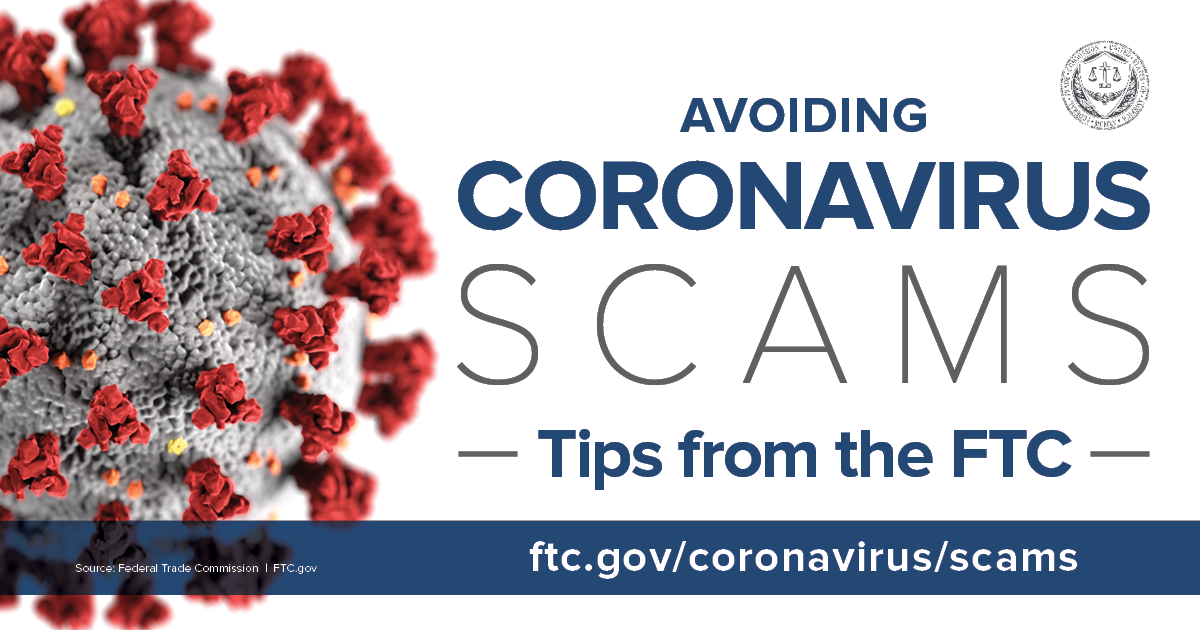Do you think your economic impact payment has landed in the hands of an identity thief? You can report it to the FTC and the IRS at the same time. Here’s what to do.
Visit IdentityTheft.gov, the government’s one-stop resource for people to report identity theft and get a personal recovery plan. Click “Get started.” The next page asks, “Which statement best describes our situation?” Click the line that says, “Someone filed a Federal tax return – or claimed an economic stimulus payment – using my information.” You’re on your way.
 IdentityTheft.gov will ask you some questions so that it can complete an IRS Identity Theft Affidavit (IRS Form 14039) for you, and submit it electronically to the IRS. You can include a personal statement too, to tell the IRS details about how your identity was misused to claim your economic impact payment. You also can download a copy of your completed Affidavit for your files. And, IdentityTheft.gov also will give you a recovery plan with steps you can take to help protect yourself from further identity theft.
IdentityTheft.gov will ask you some questions so that it can complete an IRS Identity Theft Affidavit (IRS Form 14039) for you, and submit it electronically to the IRS. You can include a personal statement too, to tell the IRS details about how your identity was misused to claim your economic impact payment. You also can download a copy of your completed Affidavit for your files. And, IdentityTheft.gov also will give you a recovery plan with steps you can take to help protect yourself from further identity theft.
Use IdentityTheft.gov to report suspected identity theft only. If you have other concerns about your economic impact payment, visit the IRS’s Economic Impact Payment Information Center and Get My Payment Frequently Asked Questions pages for detailed, and frequently-updated, answers to questions. You also can find information here about payments that the IRS may have deposited to an account you don’t recognize.
Whether you’re waiting for your payment, or even if it’s already arrived, keep alert for scammers trying to steal your personal information, your money, or both. Remember, the IRS will not call, text you, email you, or contact you on social media asking for personal or bank account information – even related to the stimulus payments. Also, watch out for emails and texts with attachments or links claiming to have special information about the payments. They’re fake, and they may be phishing for your personal information or might download malware to your computer, tablet, or phone.

In reply to Mine has been saying my check by EP1
In reply to got my letter but not my by snn
In reply to The IRS site shows that my by kckool
In reply to I live in a home where i by Help Curious
People who get Social Security Disability (SSD) and SSI payments are eligible for stimulus payments.
The Social Security Administration a chart showing when the IRS will send stimulus payments to people who get SSD and SSI.
Nursing homes and assisted living facilities can’t take stimulus check money from residents just because they’re on Medicaid. That's because Congress called the stimulus payments "tax credits" when it passed the CARES Act, and "tax credits" don't count as resources for federal benefit programs like Medicaid. This other blog explains more about what a nursing home can and can't do.
If a home took your stimulus check, contact your state attorney general. This page lists all state attorneys general. Or call the FTC at 1-877-382-4357.
In reply to An ex boyfriend of mine stole by Samhickel23
If an identity thief got your stimulus payment, report the stolen check and create an IRS affidavit at www.IdentityTheft.gov. Click "Get Started" on the first page. On the next page, click on the green bar that says "someone claimed an economic stimulus payment using my information."
Fill in what you know to create an identity theft report and IRS Identity Theft Affidavit. The system will create a list of steps for what you can do next.
Pagination